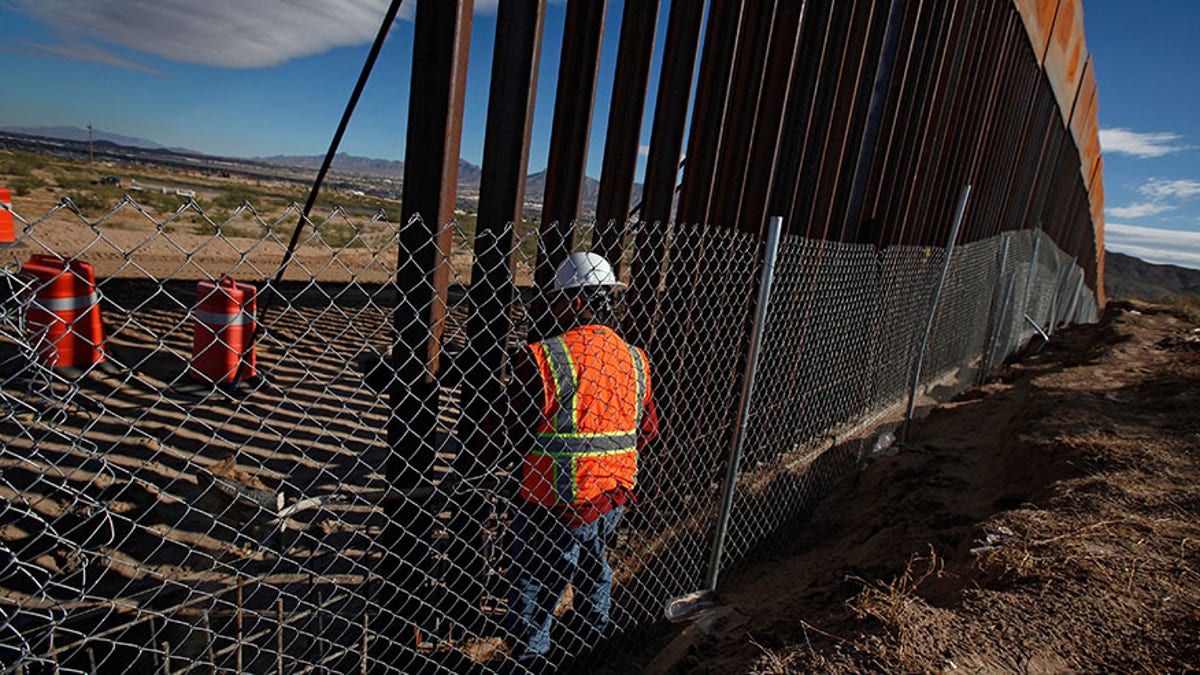
U.S. worker builds a section of the U.S.-Mexico border wall at Sunland Park, opposite Ciudad Juarez, on Nov. 9, 2016. (Reuters)
The federal government will shut down unless Congress agrees on a spending bill by Dec. 8 -- or Dec. 22 if an expected extension is passed. A compromise looks increasingly unlikely.
President Trump wants the bill to include funding for a border wall. In their draft spending bills, House and Senate Republicans have both allocated $1.6 billion to start construction on the barrier. But Democrats vow to shut down the government rather than fund the wall.
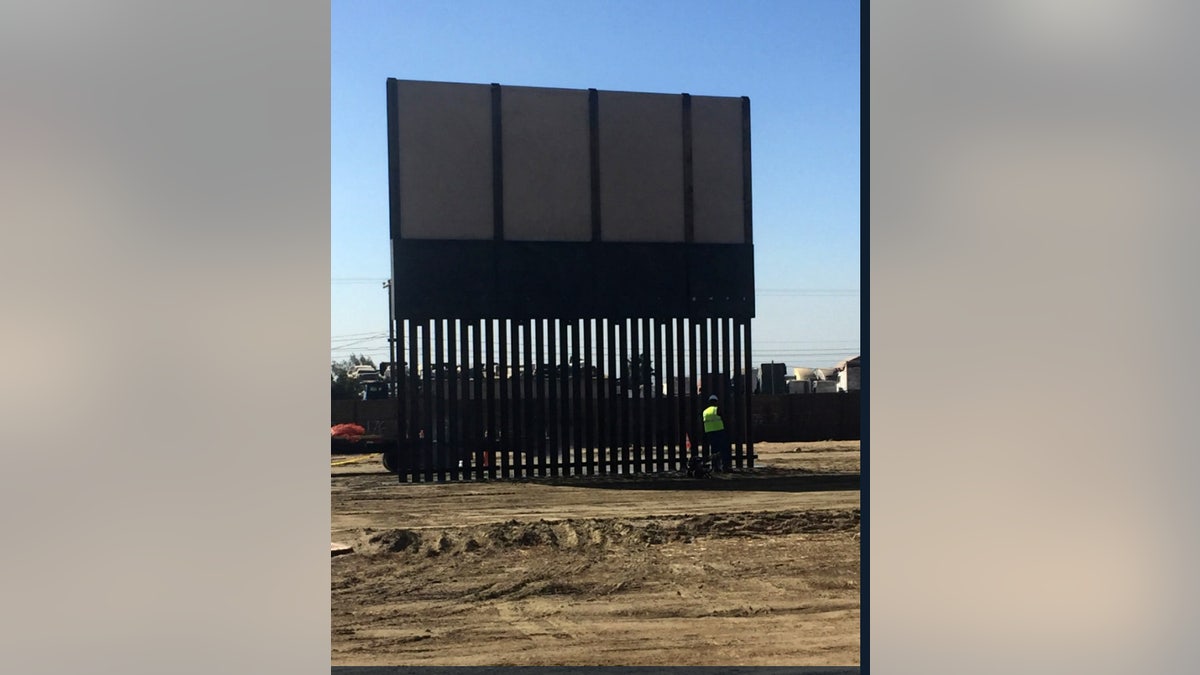
Leaving our border unsecured any longer is not an option.
The influx of illegal laborers increases the supply of workers. There are currently at least 8 million illegal laborers in the United States. Over half crossed the border illegally and the rest overstayed their temporary visas.
The illegal workers compete against less-educated Americans for the same manual labor and service-sector jobs, especially in industries like construction and landscaping.
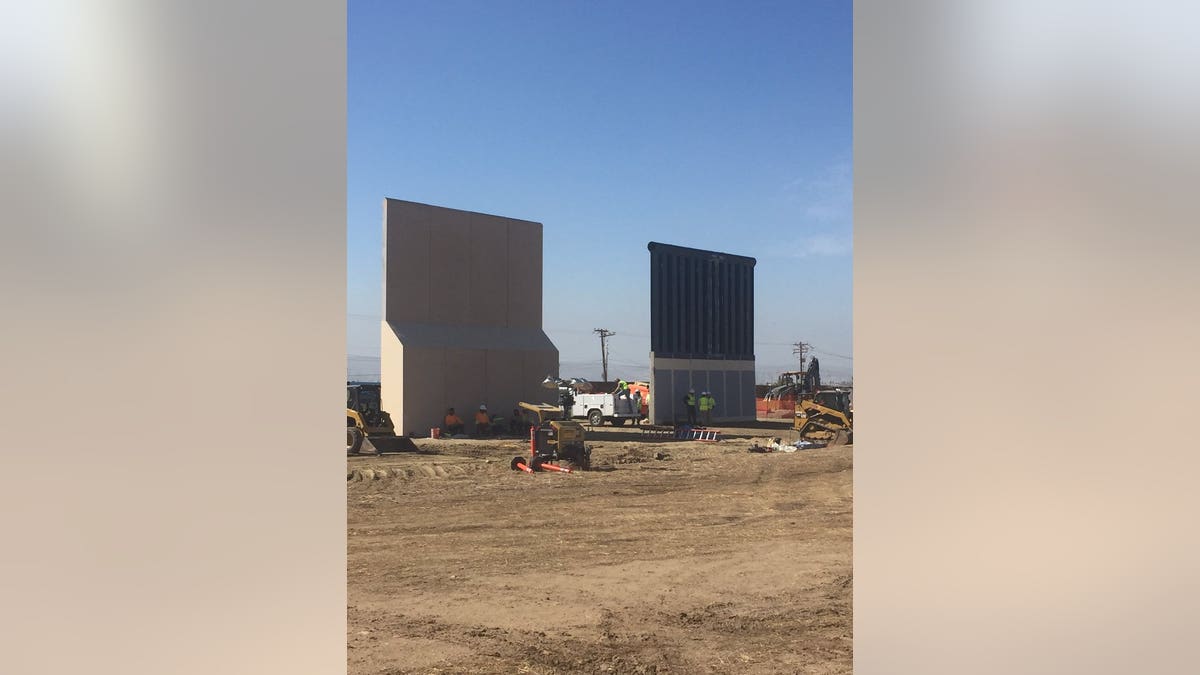
Thanks to this pool of cheap illegal labor, corporations feel little need to raise wages and attract American workers. U.S.-born workers lose up to $118 billion a year due to illegal immigration, according to George Borjas of Harvard's Kennedy School of Government.
The supply of illegal labor has devastated working-class Americans' economic prospects and made it harder for vulnerable Americans to find employment. One in six American high-school dropouts is unemployed or has left the labor market entirely.
Less-educated Americans lucky enough to find jobs have seen their pay shrink or stagnate. Illegal immigration costs the average U.S.-born worker without a high school diploma about $800 a year in lost wages.
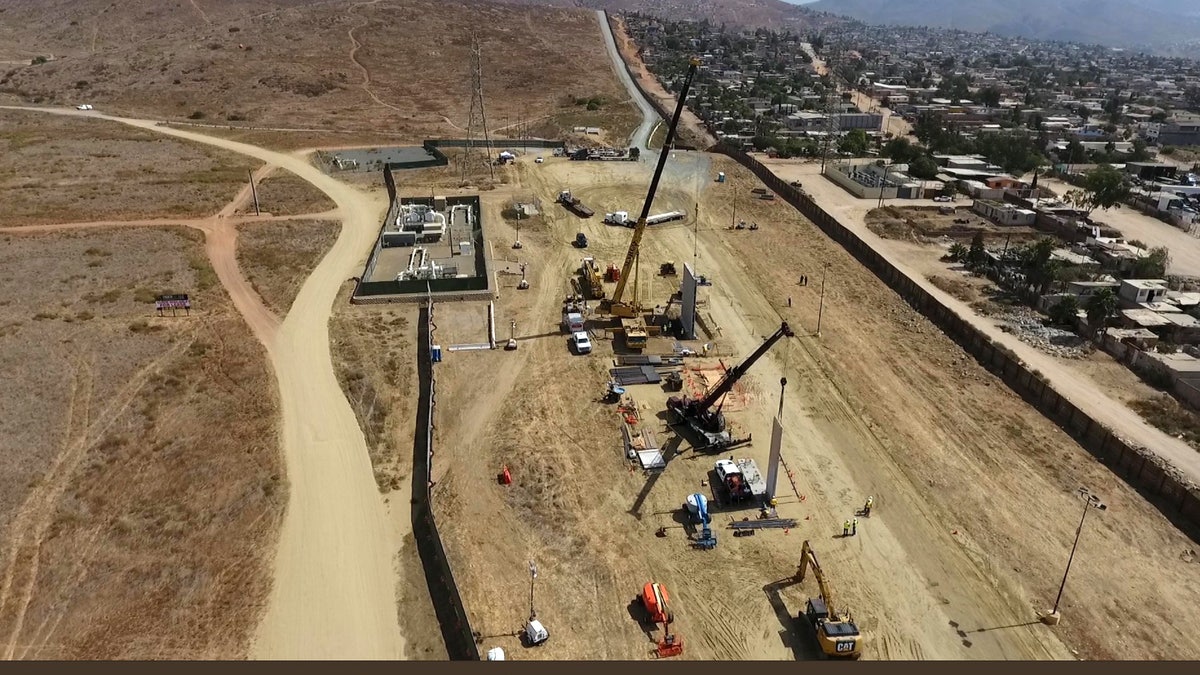
Simply put, the failure to enforce America's immigration laws has dealt a major economic blow to America's most vulnerable citizens. Strengthening border security would put the interests of working Americans ahead of illegal immigrants and employers who flagrantly disregard labor laws.
Mexican drug cartels also take advantage of our porous border. Lax border security enables the cartels to smuggle drugs that kill tens of thousands of Americans annually into our country.
Nearly all of the heroin and much of the fentanyl on U.S. streets comes from Mexico, according to the Drug Enforcement Administration. Those two drugs alone killed almost 20,000 Americans in 2015. Cartels earn about $64 billion annually trafficking drugs across our border.
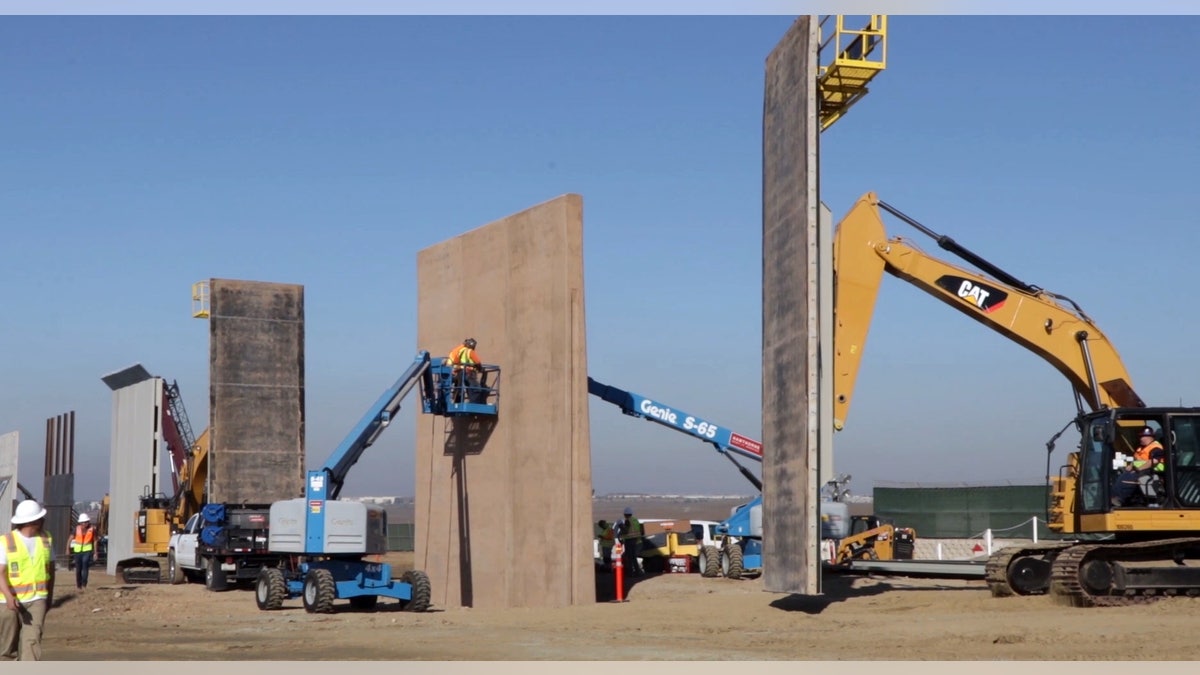
Construction crews continue building prototype models of the proposed wall along the Southwest border between the United States and Mexico. The construction site is located near the Otay Mesa Port of Entry in San Diego, CA. Date taken: October 8, 2017
Drug traffickers are brutally violent. In recent years, cartels have murdered tens of thousands of people in Mexican border cities and that violence has spilled over into American territory. More than 40 percent of federal criminal cases filed in 2013 were in districts along the U.S.-Mexico border, according to a recent report from the Department of Justice.
A border wall would improve safety in these regions. Just look at the evidence from Arizona's Yuma Border Patrol Sector, once the most violent area along America's southwest border. In 2006, an initiative known as Operation Jump Start dramatically increased security personnel and built new fencing along parts of the U.S.-Mexico border, including in Yuma. Within a year, the number of violent attacks in the Yuma Border Patrol Sector went from around 200 to zero.
Instances of so-called "drive-throughs" in which smugglers drive contraband and illegal immigrants over the border in vehicles fell from more than 2,700 to six. Two years after the fence went up, arrests for drug trafficking and border-crossing had fallen from 138,000 to 8,363.
As President Trump has said, a wall wouldn't need to span the entire border. Much of the border is impassable anyway due to rivers and rough terrain. That's why the House's $1.6 billion provision earmarked the funds for only 76 miles of additional fencing in high-traffic areas in the Rio Grande Valley and San Diego.
Of course, a border wall alone won't fully solve the many problems stemming from illegal immigration. Authorities also need to crack down on businesses that knowingly employ illegal aliens. All employers should be required to use E-Verify, a free, online verification system, to confirm that prospective employees can legally work in the United States. A mandatory E-Verify policy with a $10,000 fine for each violation would eliminate the lure of cheap labor that some American employers find so irresistible.
The bottom line is that competition from illegal border-crossers costs American workers tens of billions in lost wages every year and drugs flowing across the border claim tens of thousands of American lives. A border wall would help bring this "carnage," as President Trump called it in his inaugural address, to an end.








































